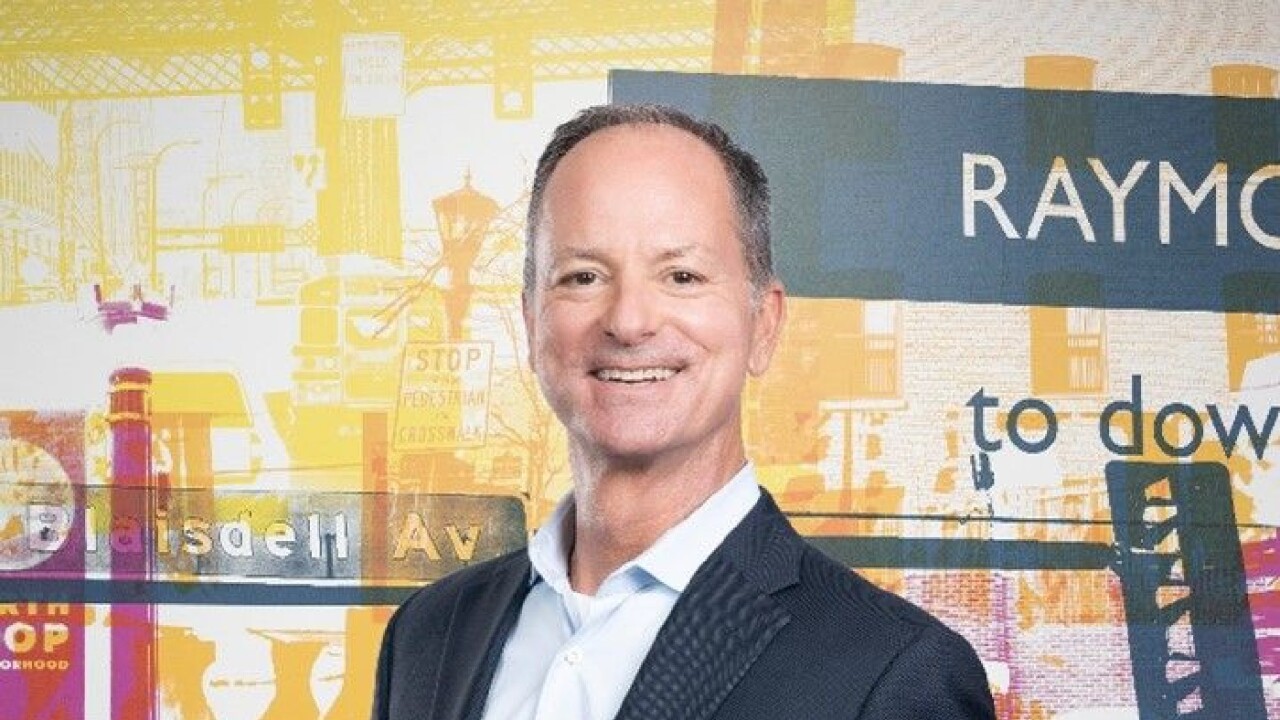
One of Deutsche Bank's top regulators has tightened how it supervises the lender after it failed to fix widespread shortcomings at its consumer unit quickly enough.
German financial watchdog BaFin on Monday said it has appointed an independent monitor to oversee Deutsche Bank's progress in resolving the issues. It's the second time BaFin has taken the unusual step since Chief Executive Officer Christian Sewing took office in 2018.
The move underscores the regulators' frustration with the lender, which has promised for years to improve its aging information technology and fix long-standing issues in its controls. The issues at the retail unit, which has seen a flood of complaints from clients who have problems accessing their money and reaching customer services, spiked after Deutsche Bank said in July that it had completed the migration of clients from its Postbank unit onto its own system. The large-scale IT project was kicked off in part while Sewing was still overseeing the retail unit.
"We are making progress in improving processing times at Postbank," a spokesman said by email. "We will work closely with the financial supervisory authority and its representative to meet the expectations of our regulators and customers affected by inconvenience as quickly as possible."
Sewing already has to contend with another monitor appointed by BaFin to oversee progress in improving money-laundering and terrorism finance checks. That monitor was first appointed in 2018, and BaFin has since expanded its mandate.
BaFin had previously criticized Deutsche Bank's slow progress in resolving the issues at the retail unit and threatened to take action.
Deutsche Bank had counted on a successful completion of the IT revamp, known internally as Project Unity, to start reaping cost savings that it had to postpone for some time now. The resources thrown at Project Unity were a main reason why the lender has fallen behind competitors in developing digital banking offerings.





